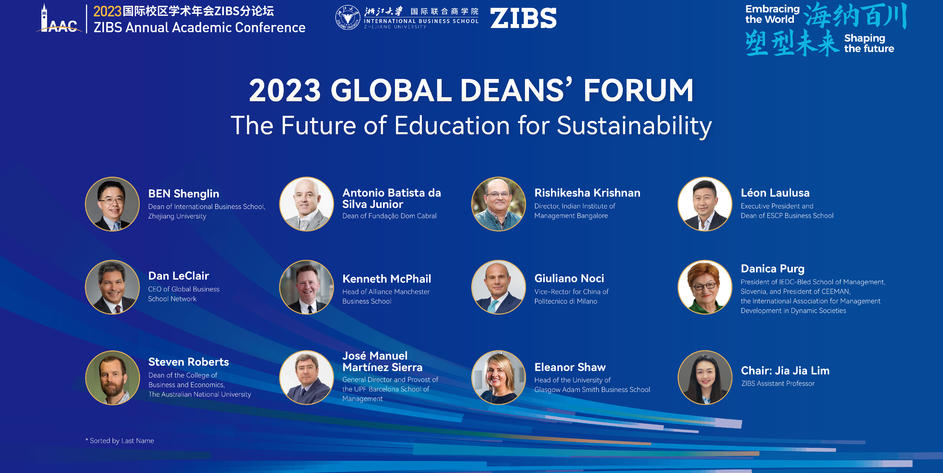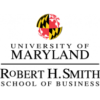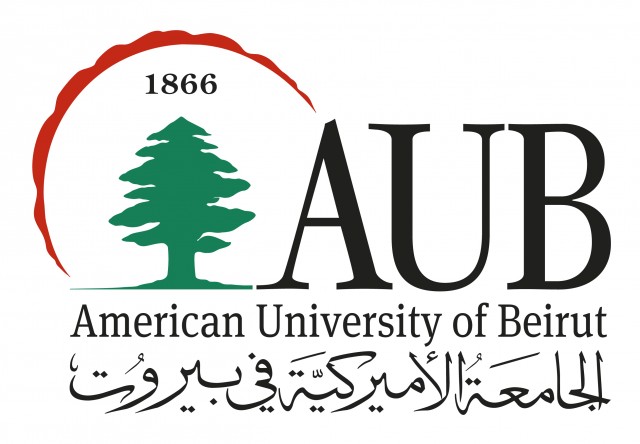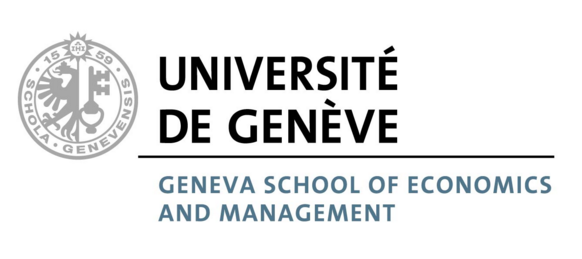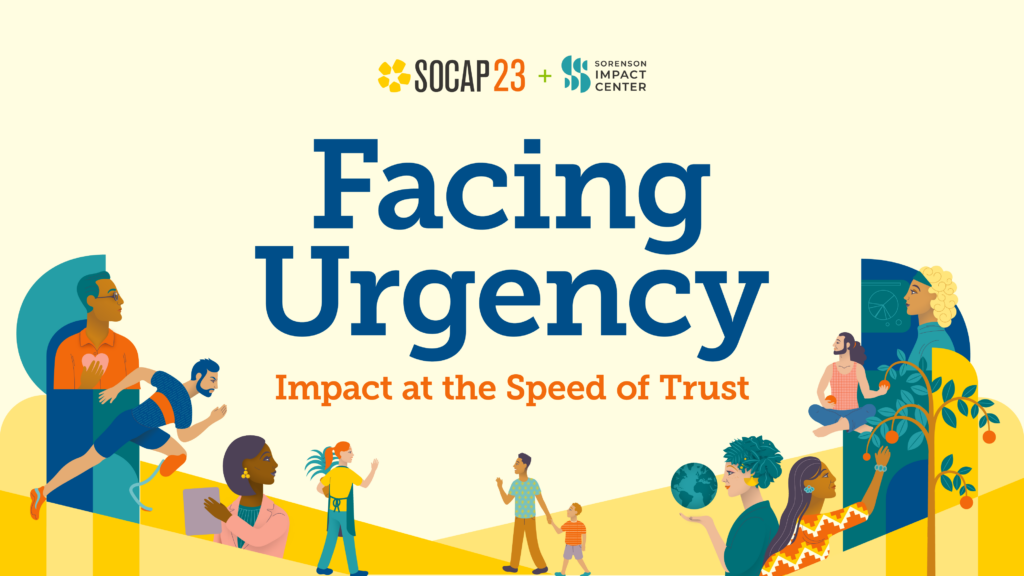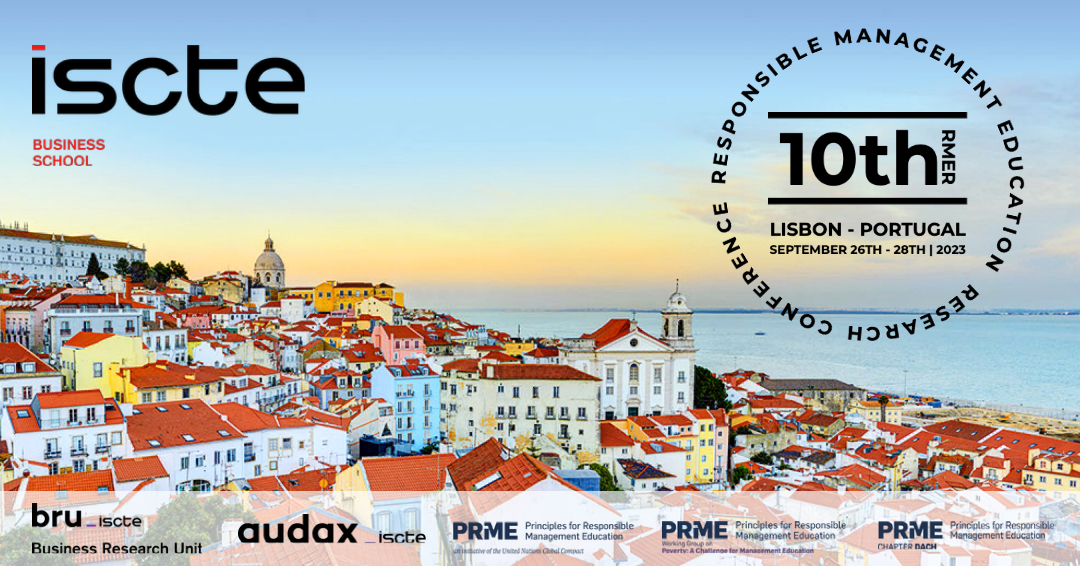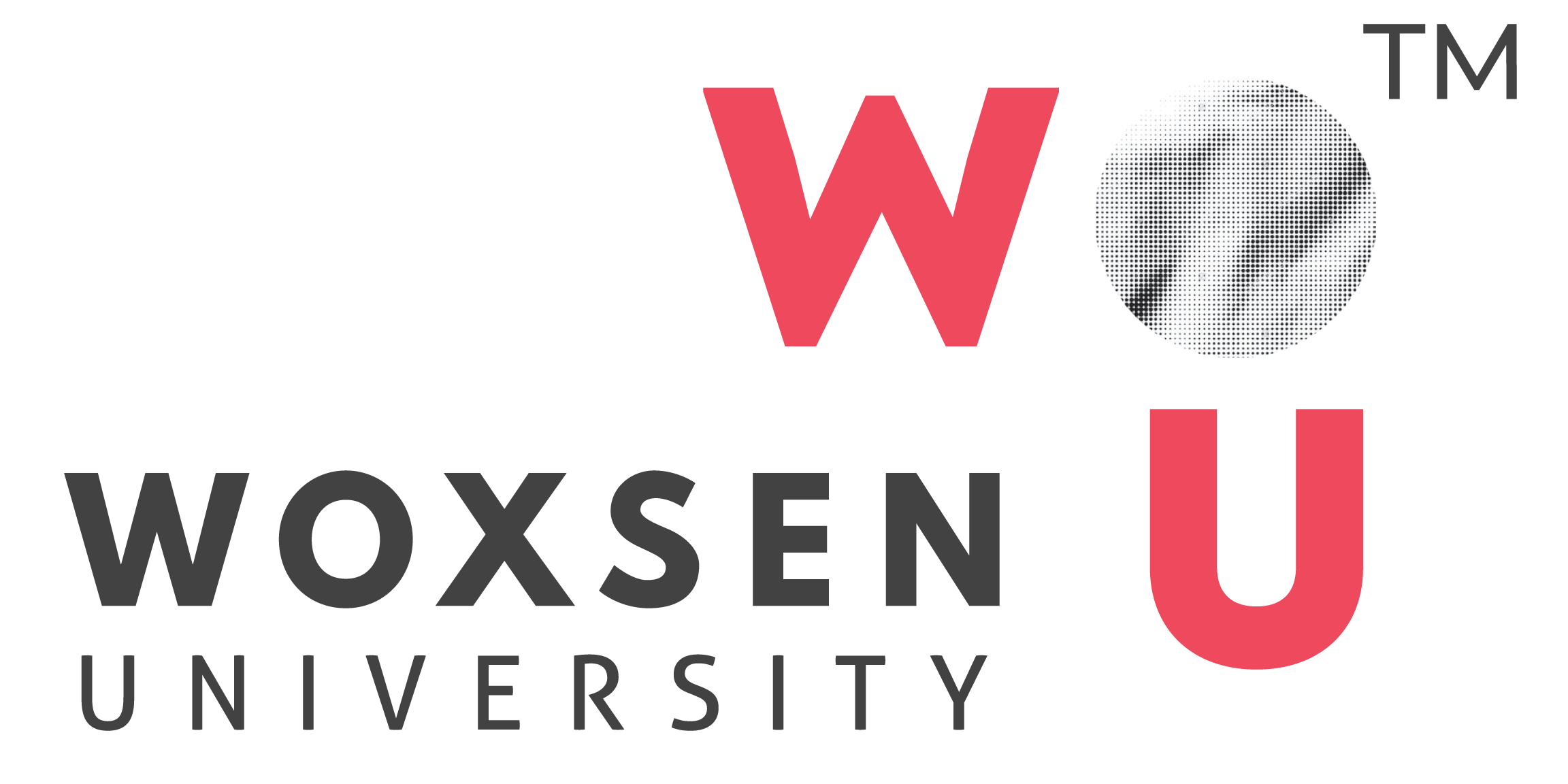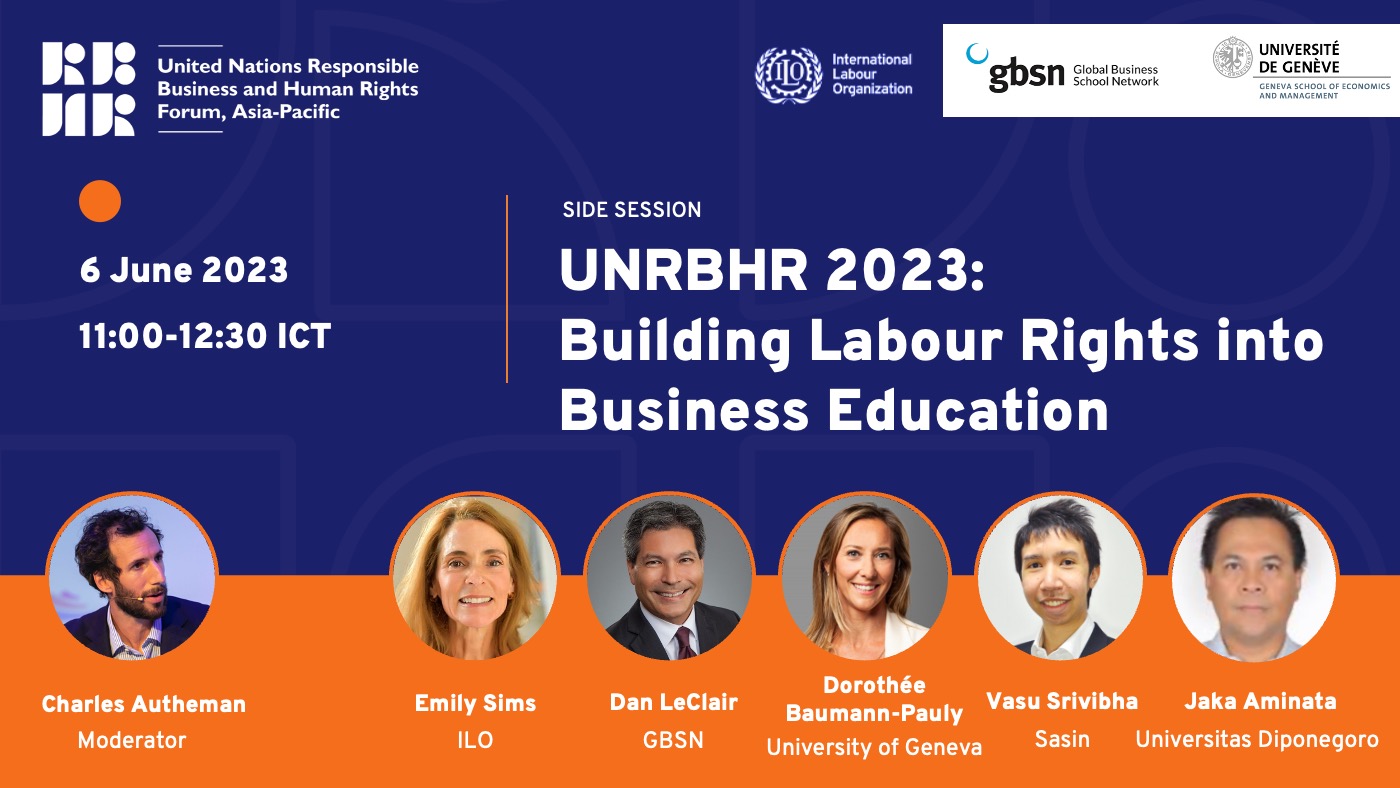11/30 – 12/03/2022
Geneva School of Economics and Management
Background
On December 2 nd 2022 in Geneva, the International Labour Organization (ILO), the Global Business School Network (GBSN) and the Geneva School of Economics and Management of the University of Geneva (GSEM/UNIGE) signed a memorandum of understanding to increase the inclusion of labour rights in business education. The MoU was signed during the annual meeting of the GBSN for Business and Human Rights impact community, held in Geneva during the week of the 11th UN Forum on Business and Human Rights.
One of the objectives of the MoU is to develop teaching resources for business school practitioners on pressing human and labour rights related issues. The first workshop was hosted by the GSEM/UNIGE during the week of the MoU signing and was dedicated to the topic of forced labour in the fishing industry.
The workshop brought together nine business school lecturers from Asia-Pacific (Australia, Indonesia, New Zealand), Africa (Ghana, South Africa), Europe (France, Switzerland) and Latin America (Ecuador/USA), ILO technical specialists working on forced labour and fishing as well as legal and business and human rights experts.
The second workshop will focus on the fair recruitment of migrant workers, a topic which the ILO and its partners have developed significant knowledge and operational experience under the framework of the Fair Recruitment Initiative, launched in 2014 and currently in its second phase. Fair recruitment is also an area which has a number of entry points within business schools’ curricula, including supply chain management, due diligence and business accountability, and human resource management.
The workshop will take place at UNIGE, in the premises of the Geneva School of Economics and Management.
Uni Mail – Boulevard du Pont d’Arve 40, 1205 Genève – Switzerland
Coffee-breaks will be organized in the meeting room and covered by the organizers. Lunches will be taken near the university and will be at the expense of each participant.
Agenda
Wednesday June 21st
Arrival of participants in Geneva
Thursday June 22nd
9:00-9:30 Introduction and presentation of participants
Brief introduction by ILO, UNIGE, GBSN partners. Participants will then be asked to briefly present their areas of expertise and interest as they relate to the topic of fair recruitment
9:30-10:00 Setting the scene: Why is fair recruitment of migrant workers a key issue in the world of work?
Presentations by Maria Gallotti, ILO Labour Migration Branch (MIGRANT) and Emily Sims, Manager, ILO Helpdesk for Business
10:00-10:30 Overview of draft teaching materials
Presentation by Charles Autheman, Independent Consultant
10:30-11:00 Coffee break
11:00-11:45 Eliminating or reducing recruitment fees and related costs: lessons from the construction sector
An interview with Henriette McCool, Social Innovation & Human Rights Manager, Vinci
moderated by Alix Nasri, Forced Labour Specialist, ILO Fundamental principles and rights at work Branch (Fundamentals) and discussion
11:45-12:30 Overview of case study methodology
Dorothée Baumann-Pauly, Director, Geneva Center for Business and Human Rights
12:30-13:30 Lunch
13:30-15:30 Collective work on teaching material
15:30-16:00 Coffee Break
16:00-17:00 Collective work on teaching material
17:00-17:45 Conducting due diligence along supply chains: lessons from the electronics sector
Intervention by Vidhi Aggarwal, Environment & Supply Chain Innovation (ESCI), Apple
Friday June 23rd
9:00-9:30 Pitch of the day: why fair recruitment matters – perspectives from Samsung
Intervention by Mattias Thorns Global Labour Relations and Human Rights Director
9:30-10:30 Collective work on the teaching material
10:30-11:00 Coffee Break
11:00-11:30 Access to company level grievance mechanisms
Interview with QICC-Nexans Qatar moderated by Marie-Josée Taya, Technical Specialist, Social Dialogue, ILO Arab States
11:30-12:30 Collective work on the teaching material
12:30-13:30 Lunch
13:30-15:30 Collective work on teaching material
15:30-16:00 Coffee Break
16:30-17:30 Collective work on teaching material and wrap up




